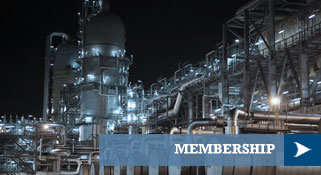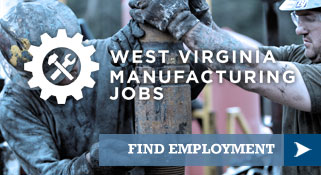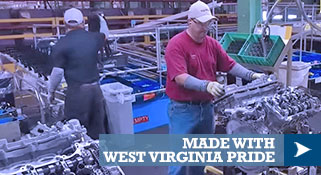CHARLESTON, W.Va. — West Virginia has posted encouraging economic development wins in the last few years, but experts say there is still room for improvement.
According to a new study released today by the West Virginia Manufacturers Association (WVMA), the state’s constitutionally imposed tangible personal property (TPP) tax, including that on manufacturing inventory, machinery and equipment, is a clear disadvantage when compared to competing states and most of the country.
The report, compiled by the economic development consultancy Sanford Holshouser, highlights positive gains made in the state thanks to pro-growth policy changes that have helped to attract major business investment. But imposing personal property taxes on manufacturers for the basic resources they need to conduct business is something few other states do.
Clearing the way for changing tax on capital investment along with tax on personal vehicles, via passage of Amendment 2, provides a possible path for removing a significant barrier for economic development efforts in West Virginia. Passage would provide more options for West Virginia lawmakers when considering tax cuts.
“The Sanford Holshouser report makes clear that the tangible personal property tax on inventory, machinery and equipment is holding us back in West Virginia,” WVMA President Rebecca McPhail said. “The report also highlights something we have been saying for years — that West Virginia’s economy would benefit tremendously by revenue generated by business development and expansion.”
The report examined tax structures among states with which West Virginia typically competes for business development, in addition to interviews with the state Department of Economic Development, companies that have invested in West Virginia, national site selectors and a variety of other parameters.
Steve Roberts of the West Virginia Chamber of Commerce weighed in on the findings and Amendment 2, “West Virginians want more opportunity for good jobs and a faster growing economy. Passing Amendment 2 opens the door to a more modern, competitive, and realistic means of taxation.”
Regarding the TPP tax, the report finds: “Among states with which West Virginia regularly competes, (it) is the only state which has a tax of this nature at the levels imposed in the state, and West Virginia ranks poorly among those competitor states in terms of economic and tax environments. This tax is routinely considered by economic development professionals in the state, manufacturers, and national site selection consultants to be an impediment to West Virginia’s efforts to recruit highly impactful and valuable manufacturing facilities.”
According to Ernest Pearson, founding partner of Sanford Holshouser Economic Development Consulting, “there is no doubt that if West Virginia would replace the tax on manufacturers’ equipment, machinery, and inventory with more customary, competitive sources of revenue, it would result in the state being more competitive in recruiting manufacturing facilities. That net increase in these facilities locating in the state would greatly benefit West Virginia.”
The full report is available at https://www.wvma.com/data/impact-study.html







